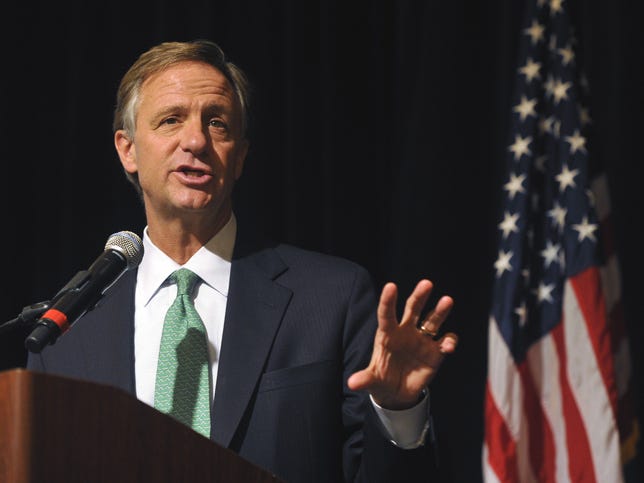Choose life… Insure Tennessee
by hopeworkscommunity
Choose life. When in doubt, when you are not sure... When there is a question choose life.
The question of Insure Tennessee is a question of whether or not we will choose life. It is not a question of a better way to choose life. It is not a question of not this but that. As more and more stories pour in it is obvious. For thousands of Tennessean it is increasingly each day a question of life or death... a question of life or needless and preventable suffering... a future of hope or one bound by despair. It is not about finding an answer. It is about the common sense and political will to grab the one (the only one) in front of us and stop the unnecessary misery that defines the lives of so many vulnerable Tennesseans.
Chattanooga voted last night to choose life. Their city council voted overwhelmingly in favor of a resolution supporting Insure Tennessee. They joined a growing movement of cities and towns saying they support their neighbors, their friends, their families. No one should have to unnecessarily suffer or suffer as a direct result of governmental policy. Insure Tennessee.
The movement is growing. Thanks to the leadership of people like Pam Weston in East Tennessee and Meryl and Randall Rice in West Tennessee and the stories and words of more and more Tennesseans the movement is growing. It is the growing crescendo of more and more ordinary Tennesseans saying "CHOOSE LIFE!!!!!"
Imagine a flood, a hurricane in Tennessee. The waters are rising.. People are dying.... Many are on top of their houses waiting for a miracle.. a boat... a something... someone who cares.... hope. The government has boats. But they decide to wait. "Let's make sure this is a good idea..."
The waters still rise. For some it is too late. For others it will soon be too late. Action matters. The hurricane is here for thousands of Tennesseans. And they are on top of their houses waiting.
Join the movement to choose life. Talk to your local government. Ask them to join Chattanooga and the other towns and counties that have acted.
Today. Today please choose life.
Insure Tennessee
Larry Drain ~


